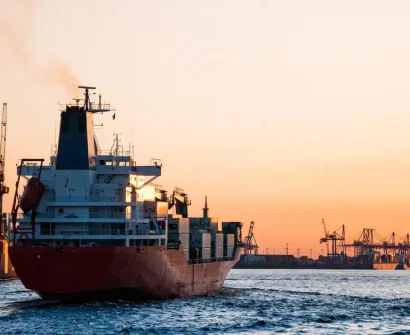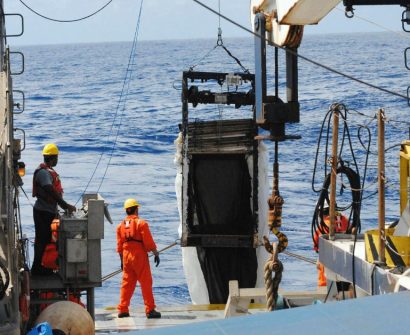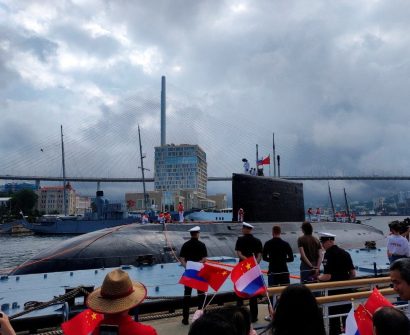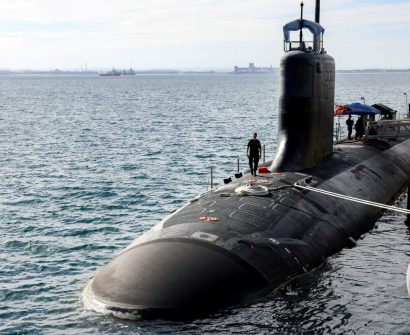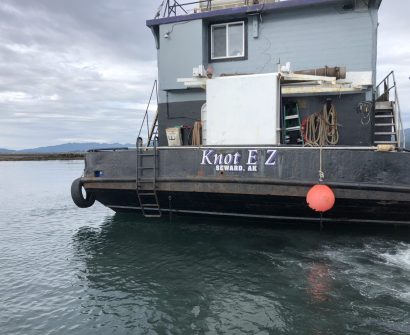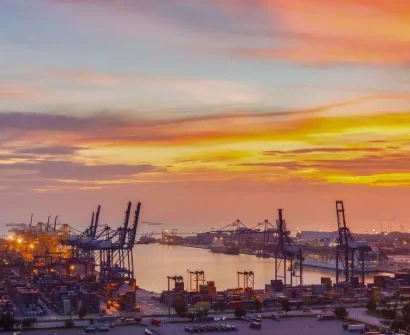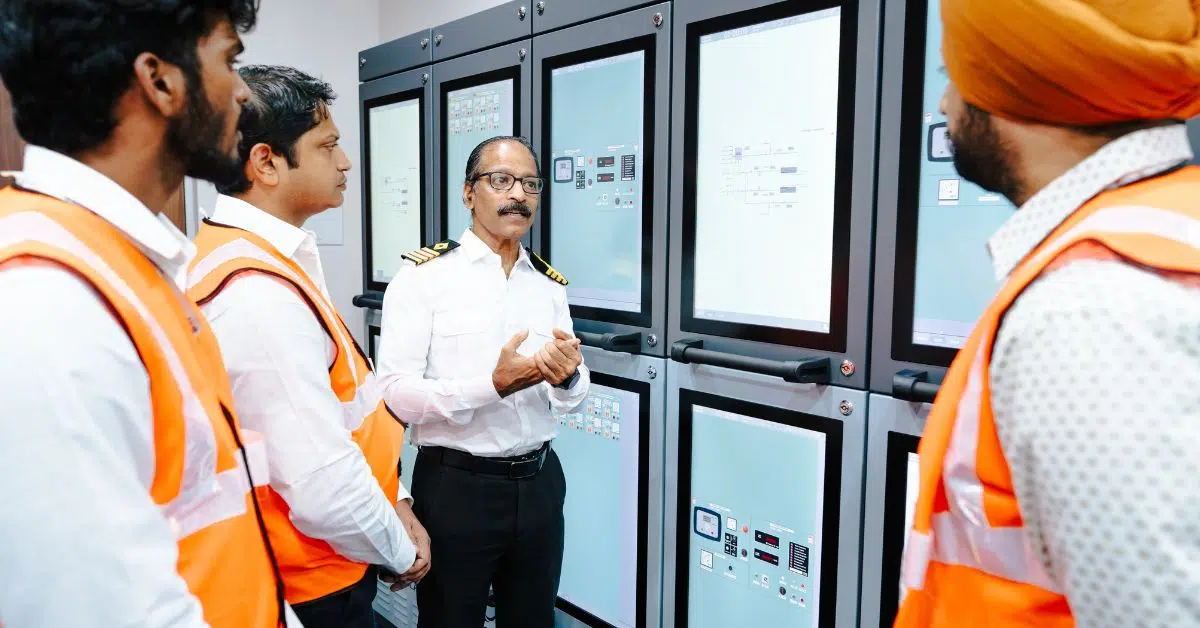
✅ What Happened — In 3 Key Points:
Simulator Launch in Kochi: BSM and Wärtsilä have introduced India’s first methanol bunkering simulator to prepare seafarers for low-carbon operations.
Global Expansion: Additional simulators will open in Poland and the Philippines by end-2025, with an ammonia module expected in 2026.
Training for Transition: This initiative aligns with the rising adoption of alternative fuels and prepares crews for methanol and ammonia handling under IGF Code standards.
The Future of Fuel Begins with the Crew
On August 1, 2025, Bernhard Schulte Shipmanagement (BSM) unveiled a state-of-the-art methanol bunkering simulator at its Maritime Training Centre in Kochi, India, in partnership with Wärtsilä. The goal is clear: ensure seafarers are trained, certified, and fully prepared for the transition to alternative fuels.
The simulator represents more than just a tool. It’s a strategic step toward ensuring operational safety and readiness in a rapidly evolving maritime fuel landscape.
BSM’s investment isn’t limited to technology—it’s a commitment to competence.
What the Simulator Brings Onboard
Powered by Wärtsilä’s TechSim 5000 platform (ClassNK-certified), the simulator replicates a full-scale methanol bunkering operation, including:
- Dual bunkering stations with vapour return
- Real-time monitoring of tanks and pumps
- ESD systems and nitrogen purging
- 3D visuals of equipment spaces
- Emergency and troubleshooting scenarios
This isn’t just theory — it’s immersive, scenario-based training that puts seafarers through the realities of alternative fuel handling.
Preparing for Methanol, Ammonia — and More
BSM’s roadmap includes:
- Two more simulators in Poland and the Philippines by end-2025
- Ammonia training modules in Kochi by Q1 2026
- Methanol-fueled ship management starting this year
- IGF Code-aligned courses in firefighting, bunkering, and safety systems
As of now, 60 methanol ships are active globally, with over 350 projected by 2030. That growth demands a workforce ready to handle volatility, low-flashpoint fuels, and environmental protocols.
It’s Not Just About the Ships — It’s About the Trainers
Recognizing the need for qualified instructors, BSM is also investing in train-the-trainer programs.
BSM trainers recently participated in the IMO-WMU Train-the-Trainer programme on alternative fuels in Shanghai — ensuring internal knowledge is globally benchmarked and up to date.
This creates a training ecosystem where:
- Course content evolves with technology
- Instructors are IGF Code-aware
- Crews are confident and compliant
The Wake Left Behind
The transition to low- and zero-carbon fuels is not just about propulsion — it’s about people.
Even the cleanest fuel can cause a disaster if handled wrong. Methanol and ammonia bring unique risks, and training is the only defense.
BSM’s simulator marks an important shift: from compliance to capability.
Shipping needs more than ships—it needs smarter, safer seafarers.

